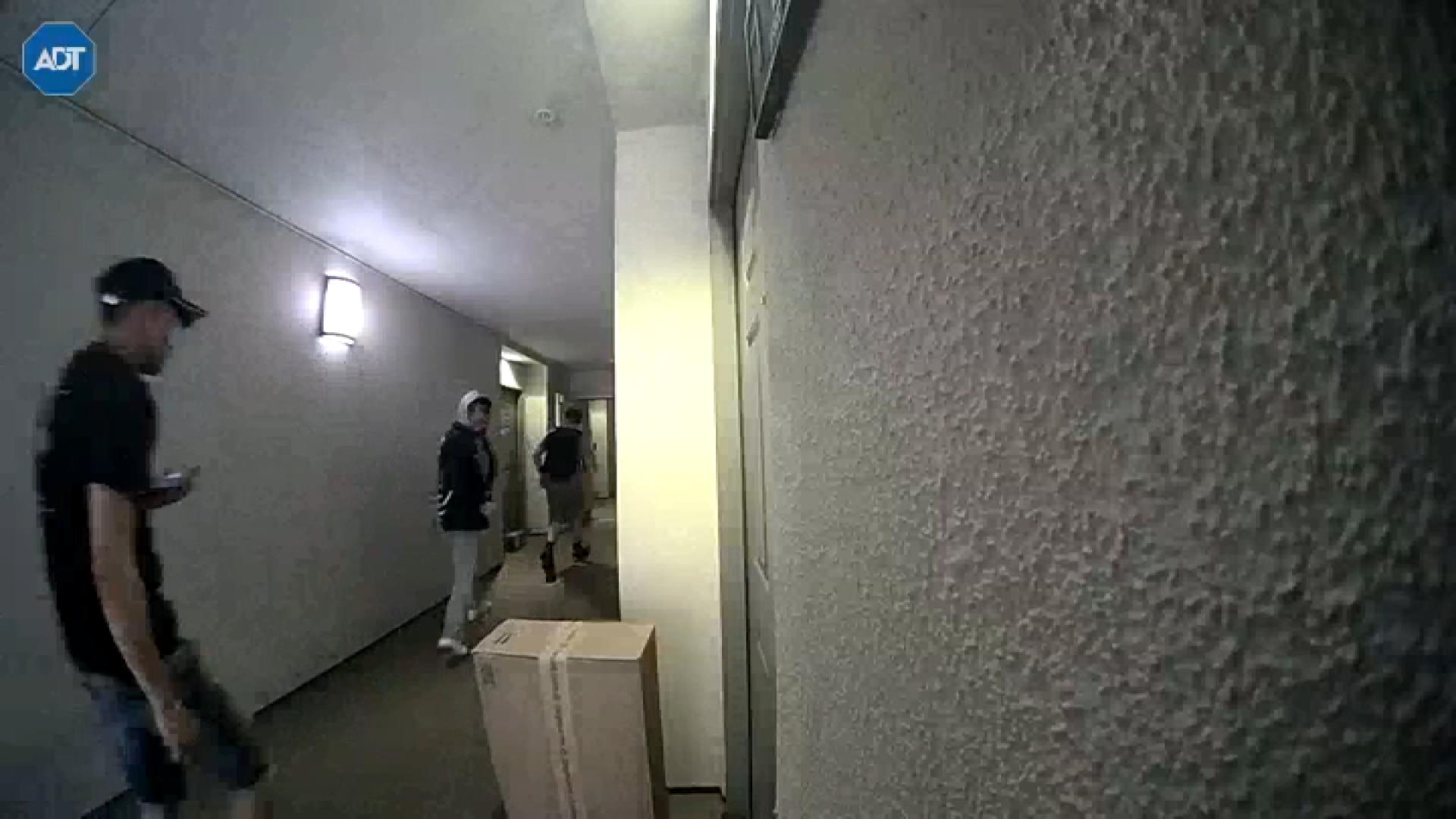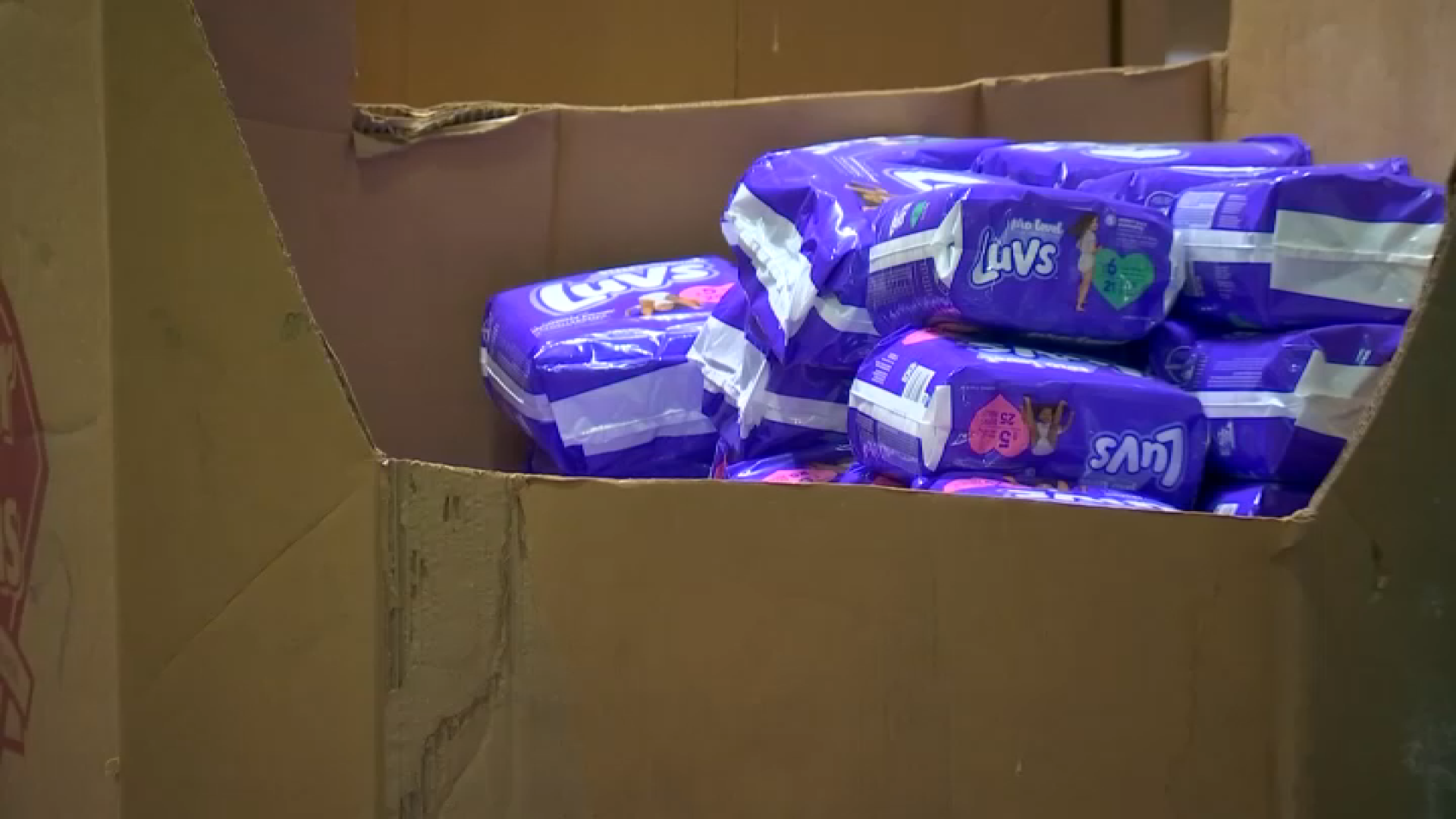In a push to protect state wildlife, including highly endangered species, California has approved a statewide ban on direct-to-consumer sale of certain pesticides.
Approval of the ban, which goes into effect July 1, came Tuesday after decades of the controversial use of rat poisons with anticoagulant ingredients known to harm if not kill wild animals. The limited ban does not apply to trained licensed applicators.
"Anticoagulants impair clotting of the blood," said Stella McMillin, senior environmental scientist in charge of pesticide wildlife investigations for the state of California with the Department of Fish and Wildlife. "Animals will bleed to death internally after eating these pesticides. It's not just the animal that has gotten into the bait itself, but the animals that eat the rodents that got into the bait."
The ban directly targets second generation rodenticides, most of which replaced first generation rodenticides in the 1980s.
Chemicals used in second generation rodenticides linger in the tissue of rodents after death, making scavengers more vulnerable to the poison.
It's the "sub lethal" impacts that are concerning, say scientists.
"Sometimes the animal actually dies from exposure, more often they didn't die from it. After exposure they become more susceptible to disease," said McMillin.
Local
Get Los Angeles's latest local news on crime, entertainment, weather, schools, COVID, cost of living and more. Here's your go-to source for today's LA news.
Eating an infected rodent can result in lethargic behavior sometimes slowing the response time an animal has to dart on-coming traffic while crossing the road, she added.
.
Poisonings have been documented in at least 25 wild species in California, including the endangered San Joaquin kit foxes and northern spotted owls, mountain lions, hawks, minks, and coyotes.
Roughly, there are 70 to 80 percent of animals in the wild who are affected by second generation rodenticides, McMillin said.
California's ban Tuesday follows steps at the national level after the Environmental Protection Agency took action to ban the last available in-home rat and mouse poisoning on the market, d-Con.
Aside from the potential to poison wild animals, there is also the risk of danger to children who live in or around homes that use pesticides.
"Each year up to 10,000 children are accidently exposed to rat poison in their homes," according to a statement released by the Center for Biological Diversity.
Officials warn that the ban will not completely remove these deadly rodenticides from the market, rather change the way the public has access to them.
"It's not actually banning products containing these chemicals. What we’re saying is that you cannot sell these in the general stores like Home Depot and Target," said Charlotte Fadipe, spokeswoman for the Department of Pesticide Regulation.
In fact, second generation rodenticides will still be used but their use will be limited to trained licensed applicators.
"The point is to decrease the amount that's out there, cut down users," McMillin said. "Certified applicators are trained so that we can tell them about what we are seeing. In some ways that it is still a problem but it is a smaller problem."
Even though the public will no longer have access to second generation rodenticides after July 1, there are still safe alternatives to rodent control, including sealing cracks and crevices as well as purchasing less-harmful pesticides.



